Maryland crabbers gave economists a lesson in life according to a story in the Washington Post. The state decided there were too many licensed crabbers and too few crabs. They turned to economists to help solve the problem. The solution they came up with was a reverse auction. The state offered to buy back the licenses, a $50 face value, from the watermen at a price set by the watermen. Maybe a couple hundred bucks, maybe a few thousand. Sounds like a pretty good deal particularly when you consider that a lot of the license holders weren't even actively fishing.
 The economists were looking for crabbers to set their "reservation price", the minimum that the sellers would accept. And that price was based on "game theory," the idea that each crabber would not know what the other crabbers were bidding so they would bid lower to beat out the other offers.
The economists were looking for crabbers to set their "reservation price", the minimum that the sellers would accept. And that price was based on "game theory," the idea that each crabber would not know what the other crabbers were bidding so they would bid lower to beat out the other offers.No deal said the waterman. They considered the licenses part of their heritage, a badge of their lifestyle. Less than a quarter of the eligible crabbers even submitted a price, and most of those prices were well beyond what the state wanted to pay. One unidentified fisherman offered to part with his license for $425 million. The state passed up on that deal.
 Seems like the economists knew about supply and demand, reservation price and game theory. But the watermen taught them a little more, something about how hard is to put a price on a life on the water.
Seems like the economists knew about supply and demand, reservation price and game theory. But the watermen taught them a little more, something about how hard is to put a price on a life on the water.
 Seems like the economists knew about supply and demand, reservation price and game theory. But the watermen taught them a little more, something about how hard is to put a price on a life on the water.
Seems like the economists knew about supply and demand, reservation price and game theory. But the watermen taught them a little more, something about how hard is to put a price on a life on the water.That's my friend Jimmy, a part time crabber that works the waters of Hampton Roads. I doubt he would give up his life working the crab pots at dawn.
Steve







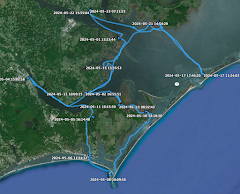
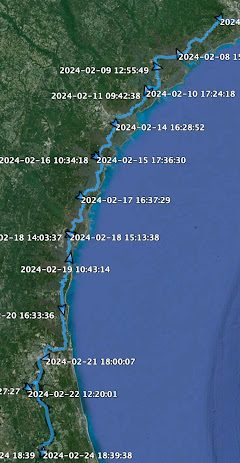

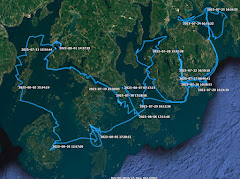

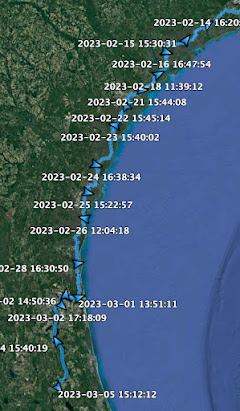

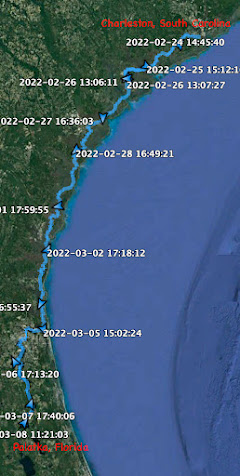
























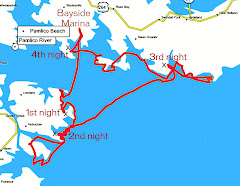


1 comment:
Steve, that's a good post!
Post a Comment